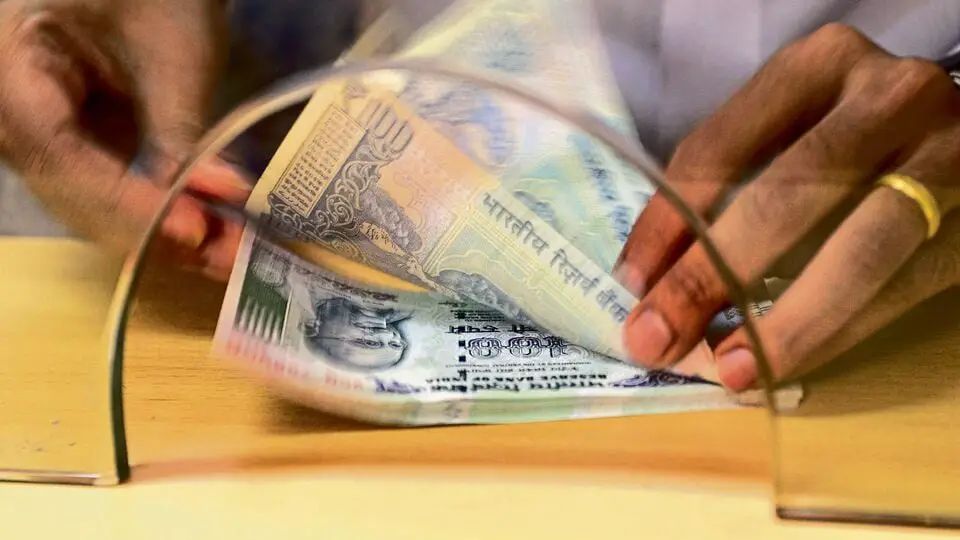The income tax department carefully monitors high-value cash transactions, so taxpayers should exercise caution when engaging in them.
Section 269ST of the Income Tax Act prohibits receiving cash payments of ₹2 lakh or more in a single day for a single transaction or related transactions on a single occasion. If this limit is crossed, there may be fines or legal action.
“Taxpayers should be aware that the Income Tax Department monitors high-value cash transactions exceeding certain limits, and can trigger notices from tax authorities,” said Abhishek Soni, CEO and Co-founder of Tax2win.
Soni added that Section 269ST of the Income Tax Act states that no person can receive an amount of ₹2 lakh or more in cash in aggregate from a person in a day in a single transaction or in respect of transactions relating to one event or occasion from a person.
This restriction applies to individuals and entities alike, with the responsibility to comply resting on the recipient of the cash rather than the payer,” explained Soni.
Cash transactions over ₹2 lakh may attract penalty
You can be subject to a fine if you make a cash transaction for more than ₹2 lakh or receive that much in a single day. According to Mumbai-based tax expert Balwant Jain, if you make a cash transaction of ₹5 lakh, you might have to pay a penalty of the same amount if the Income Tax Department finds the breach during an audit.
Those who accept cash beyond two lakhs, in contravention of this provision, can be subjected to a penalty equal to cash received. It is interesting to note that the payer does not have responsibility under these provisions,” said Balwant Jain
What Section 269ST says
According to Section 269ST, no one may receive more than ₹2 lakh (the cash receipt limit) from a person in any of the following situations: in total from a person in a single day, in connection with a single transaction, or connection with transactions from a person related to a single event or occasion.
However, there are certain exceptions to this rule (e.g. banking companies are exempt from this rule), and hence, the applicability would generally depend on the nature of the transaction. Hence, one needs to ensure that the transaction (or receipt of cash) is within the applicable limits depending on the nature of thetransaction proposed to be undertaken,” said Surajkumar Shetty, Partner, JSA Advocates and Solicitors



